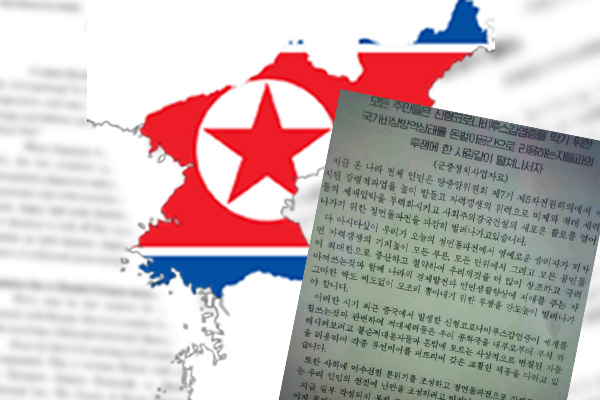More than 10,000 people died in North Korea by late March of the new coronavirus, according to insider information that reached me last week. Deaths have concentrated in the North Korean capital of Pyongyang, the informants said. The cause of deaths is nominally described as “acute pneumonia” but the North Korean leadership recognizes deaths having been caused mostly by the coronavirus, they said. North Korea could have posted the world’s largest number of deaths from the coronavirus, surpassing Italy.
However, North Korean authorities have continued to lie that none has been infected with the coronavirus originated from Wuhan, China. As a healthcare collapse has long been spread in North Korea, with authorities refusing to recognize any coronavirus outbreak, the country has remained unable to receive any external support, with any satisfactory healthcare failing to be provided to those infected with the coronavirus.
Hunger deaths amid food price spikes
Meanwhile, hunger deaths have been seen in North Korea as food price spikes have led merchants to hold food off the market called Chang Madang for ordinary citizens following the closure of the border with China in late January. In late March, Pyongyang issued a political lecture document calling on all citizens to unite to struggle with those who earn money by taking advantage of a national health emergency against the coronavirus infection.(pic)

pic
A thought control program for all citizens was suspended in late March for the first time since the Democratic People’s Republic of Korea was established by Kim Il Sung in 1948. In the Kim Il Sung age including the Korean War period, citizens had met every month to check each other’s thoughts under the program. Since the mid-1970s when his son Kim Jong Il was named his successor, each cell of Korean Workers’ Party members, each organization to which non-party members belong and each unit of housewives and non-working dependents have met every week for self-criticism, mutual criticism and political learning. Japanese who were abducted to North Korea and have returned to Japan were also participating in such weekly meetings, I was told. Now the weekly meetings have been replaced with the submission of written reports to prevent the new coronavirus infection. Controls have been loosened substantially.
As KWP Chairman Kim Jong Un has asked China to provide emergency aid, China has transported rice, corn, wheat and fertilizer into North Korea almost every day by rail since late March. Supplies have been provided first to KWP, military and government cadres and security personnel before being released into the market to cut prices. However, the effects of the Chinese aid have yet to spill over to ordinary citizens.
Flagging dictatorship
Chairman Kim seems in poor health. Since early February, he has blatantly ceded his authorities to his younger sister Kim Yo Jong. As Chairman Kim has ordered his deputies to regard Kim Yo Jong’s orders as his and obey them, written orders by “respectable comrade Kim Yo Jong” have begun to be issued. The Supreme Guard Command for Chairman Kim has been divided into two – one for Chairman Kim and the other for Kim Yo Jong, meaning that Kim Yo Jong has been promoted to the position almost equal to Chairman Kim’s.
“We have no choice but to die of hunger or pneumonia, but we would not remain silent before dying,” North Korean citizens say, according to my informants. “Those two young persons (Chairman Kim and Kim Yo Jong) have destroyed the country.” The State Security Department (political police) in charge of internal security and the Ministry of People’s Security (ordinary police) have been on emergency alert since March 22, fearing riots, I was told. The new coronavirus pandemic directly hits countries with low economic and healthcare levels. North Korea has been hit hard enough to shake its dictatorship.
Tsutomu Nishioka is a senior fellow and a Planning Committee member at the Japan Institute for National Fundamentals and visiting professor at Reitaku University. He covers South and North Koreas.


